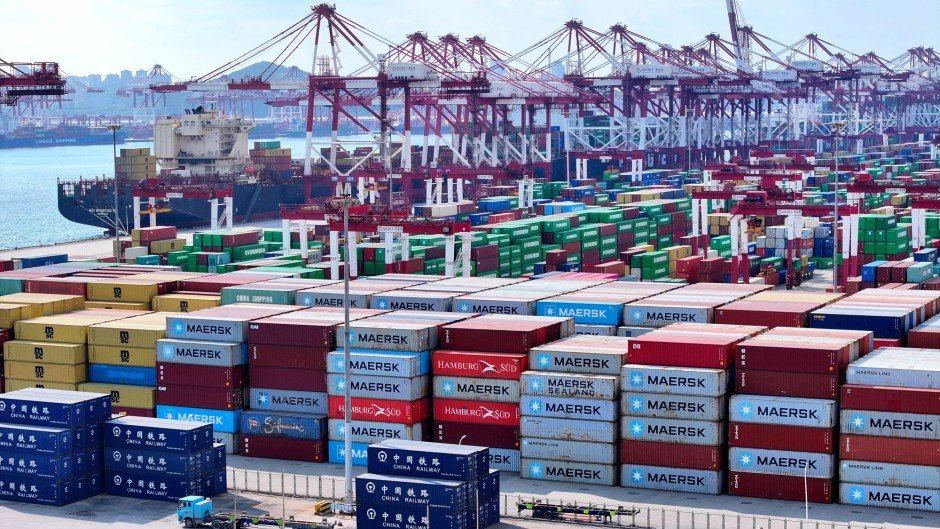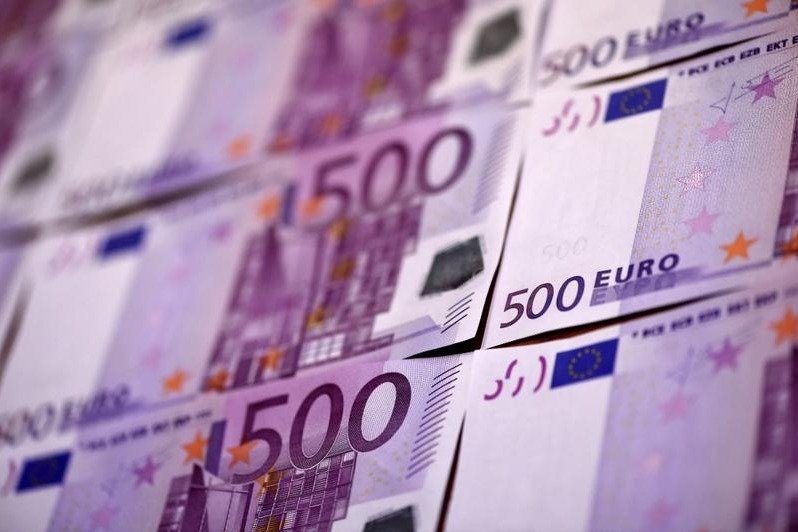Chinese companies expanding overseas are increasingly using the yuan for financing and payments to build their international operations, boosting the currency’s growing clout in international trade and investment.
“Based on my calculation, 10 per cent of our company’s total orders were priced and settled in renminbi,” said Yang Feng, finance director for overseas marketing at Sieyuan Electric, in a panel discussion organised by Standard Chartered at the China International Import Expo in Shanghai on November 7. The details of the panel discussion were posted on the bank’s official WeChat account on Friday.
He added that most Chinese companies that have business partnerships with Sieyuan “are often each other’s suppliers or customers, giving both sides a strong incentive to settle transactions in yuan”.
Do you have questions about the biggest topics and trends from around the world? Get the answers with SCMP Knowledge, our new platform of curated content with explainers, FAQs, analyses and infographics brought to you by our award-winning team.
Shenzhen-listed Sieyuan Electric, which designs, manufactures and sells power transmission and distribution equipment, has operations in many countries, including the UK, Italy, Saudi Arabia and Kuwait.
Standard Chartered expects the Chinese government to promote greater use of the yuan in international transactions. Photo: Xinhua alt=Standard Chartered expects the Chinese government to promote greater use of the yuan in international transactions. Photo: Xinhua>
In the first six months of the year, the use of the yuan in cross-border payments totalled 35 trillion yuan (US$4.9 trillion), up 14 per cent from a year earlier, according to the People’s Bank of China.
Yang said the willingness of the company’s non-Chinese clients to settle in yuan was highest among countries involved in the Belt and Road Initiative, such as Pakistan, Thailand and Malaysia, Saudi Arabia, Uzbekistan and Kazakhstan.
“Renminbi internationalisation is advancing quickly,” he said. “As more Chinese firms go global, the use of renminbi will naturally rise. The renminbi offers notably competitive interest rates right now, which is a major factor in reducing our financing costs.”
China held its one-year loan prime rate, the benchmark for lending to companies, at 3 per cent and five-year rates at 3.5 per cent for the fifth consecutive month in October, while US dollar borrowing costs hover around 4 per cent.
Universal Energy, a 10-year-old renewable energy developer based in Shanghai, is another company capitalising on favourable yuan financing costs. In July, the company borrowed 256 million yuan from Industrial and Commercial Bank of China and Bank of China to fund a 100-megawatt wind power project in Kazakhstan.







